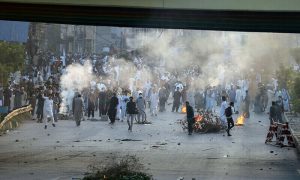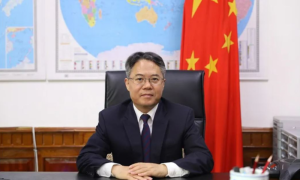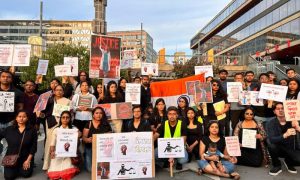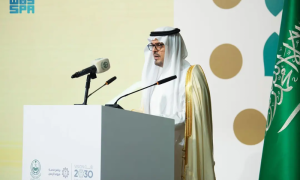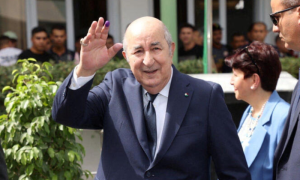ISLAMABAD: Pakistan Tehreek-e-Insaf (PTI) will emerge as the largest party in both houses-National Assembly and Senate- of the Parliament following a Supreme Court ruling on Friday.
The 13-member full bench, led by Chief Justice Qazi Faez Isa, overturned the Peshawar High Court’s decision that upheld the Election Commission of Pakistan’s (ECP) denial of PTI’s share in reserved seats for women and minorities. The bench declared the ECP’s decision as unconstitutional and nullified it.
PTI’s seats in the National Assembly are expected to rise from 86 to 109 after gaining 23 reserved seats, as reported by Geo News. The opposition alliance in the National Assembly will also increase to 120 members. Currently, the combined opposition, including PTI, totals 97 members.
Of PTI’s 86 members in the lower house, 84 are aligned with the Sunni Ittehad Council (SIC) and two are independents—Barrister Gohar Ali Khan and Omar Ayub Khan.
With PTI securing a majority in the lower house, Prime Minister Shehbaz Sharif’s ruling coalition, led by Pakistan Muslim League-Nawaz (PML-N), will retain a simple majority with 209 members, including 108 from PML-N.
The court’s decision is seen as a setback for Prime Minister Sharif’s coalition, altering the composition of the National Assembly and Senate and provincial assemblies particularly of Khyber Pakhtunkhwa and Punjab.
The court ruled that disqualification from elections cannot result from the withdrawal of a party’s election symbol, stating that PTI was and is a legitimate political entity.
The dispute over reserved seats stemmed from ECP’s rejection of PTI’s intra-party elections and its denial of the party’s cricket bat symbol for electoral use. This decision prevented PTI from claiming reserved seats for women and minorities based on proportional representation.
To navigate this hurdle, PTI instructed its winning independent candidates, supported by the party, to join SIC, thereby forming a parliamentary group to secure its share in the 70 reserved seats in the National Assembly and an additional 156 seats in the four provincial assemblies.
While the court’s final verdict may not immediately alter the current power dynamics, shifts in assembly numbers could influence legislative proceedings in the country.
The Supreme Court’s decision has also affected other parties, stripping PML-N, PPP, MQM, and JUI-F of 77 reserved seats for women and minorities. These seats were suspended following a May 13 order, comprising 22 National Assembly seats and 55 seats across provincial assemblies.
In the Khyber Pakhtunkhwa Assembly, PTI will be able to secure 25 out of 30 reserved seats for women and minorities. With these seats secured, PTI will be in a position to potentially win 10 out of 11 Senate seats from Khyber Pakhtunkhwa. After the senate election in the KP Assembly, PTI will also emerge the largest party in the upper house of the Parliament.
The Election Commission of Pakistan had postponed elections there after the Speaker refused to administer the oath to opposition-elected MPs who were controversially appointed to reserved seats.
In the Punjab Assembly, PTI is projected to secure 27 reserved seats—24 for women and 3 for minorities.
In the Sindh Assembly, PTI will receive 2 reserved seats for women and 1 for minorities.













